Research prizes
SDU’s researchers showered with awards in 2025
As many as six different prestigious research awards have been presented to SDU researchers in 2025 for their ground-breaking, outstanding and societally beneficial research in a wide range of disciplines.
SDU’s research really made its mark in 2025, when six SDU researchers received prestigious research awards.
The awards were given to researchers in a range of different fields: the use of medicine, the role of artificial intelligence in democratic processes, pollution with environmental contaminants, the role of artificial intelligence in war, and the role of climate change in the historical success of the Roman Empire.
- I’m incredibly proud that so many of our researchers have distinguished themselves as among the very best this year. This is a great recognition of SDU’s researchers – as well as our many strong research environments – and emphasises that as a university we are delivering research at the very highest level, which is also having an enormously positive impact on society, says Jens Ringsmose, Rector of SDU, and continues:
- At the same time, the wide variety of fields in which the researchers have received awards highlights the University’s academic range and numerous strengths. At the University of Southern Denmark, we greatly appreciate the many foundations that support and recognise our research.
More about the award-winning researchers
Elvis Genbo Xu received the Grundfos Prize 2025
Associate Professor Elvis Genbo Xu from the Department of Biology was awarded the Grundfos Prize in November for ‘his extensive publication activity and outstanding research, which are globally recognised contributions to important fields such as plastic pollution and “forever chemicals” with long-term consequences for life on Earth,’ as the prize committee put it.
Read more about the award and Elvis Genbo Xu’s research
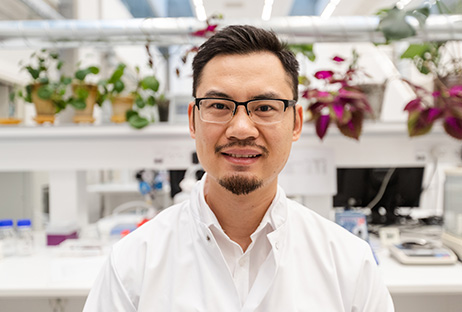
Ingvild Bode received a prestigious EliteForsk award
In February, Professor Ingvild Bode from the Department of Political Science and Public Management received the Elite Research Prize, which is awarded to young researchers with a prominent international reputation, whose work constitutes an exceptional contribution to
Danish research.
In their recommendation, the Independent Research Fund Denmark states that:
‘Ingvild Bode has developed groundbreaking theories on how the design and use of artificial intelligence affects norms, and how norms emerge and evolve outside the public eye. (...) Her research contributions are also relevant to the development of norms in human-machine interaction in other important contexts, including, for example, in the health and education sectors.’
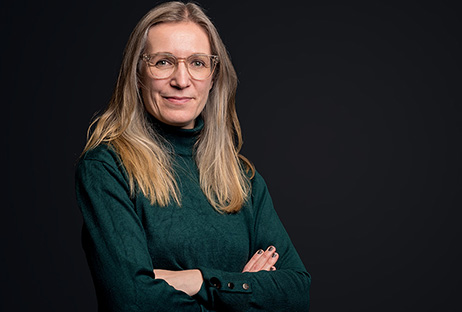
Anton Pottegård received the Young Investigator Prize
In October, Professor Anton Pottegård from the Department of Public Health received this year’s Young Investigator award from the Lundbeck Foundation in recognition of his outstanding contribution to health science research: namely, his pioneering work to improve the use of medicine in healthcare.
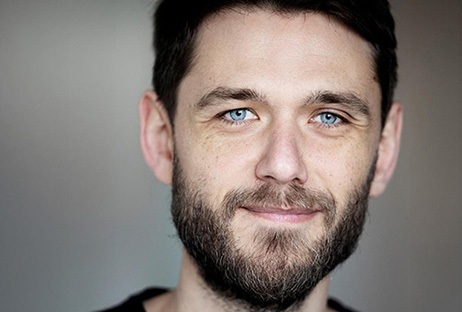
In October, Professor Jesper Majbom Madsen from the Department of Culture and Language received Queen Margrethe’s Roman Prize for outstanding scientific achievement.
He is awarded the prize for ‘his ability to connect the study of ancient Rome with contemporary issues’ and for ‘building a rare bridge between traditional historical expertise and modern climate-oriented research,’ according to the award committee.
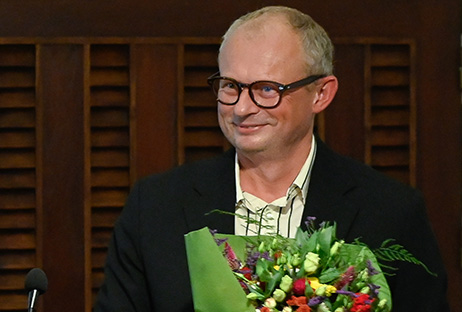
Claes de Vreese received the Carlsberg Foundation Research Prize
In September, Professor Claes Holger de Vreese from the Digital Democracy Centre received the Carlsberg Foundation Research Prize.
In their motivation, the award committee states:
‘Claes Holger de Vreese is a pioneering and internationally revered expert on the role of automation, algorithms and artificial intelligence in democratic processes. He makes definitive marks on a complex research field that requires deep basic research and the capacity to engage big societal questions’.
Read more about the award and Claes Holger de Vreese’s research
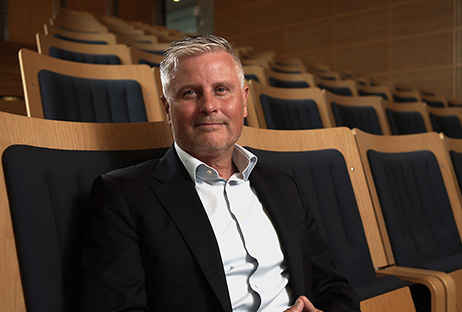
Ask Elklit received Wolter de Loos-prisen
In March, Professor Ask Elklit from the Department of Psychology at SDU received The Wolter de Loos Award for Distinguished Contribution to Psychotraumatology in Europe from the European Society for Traumatic Stress Studies.
The award recognises Ask Elklit for his pioneering and significant contribution to shaping European psychotraumatology over the past 40 years.
